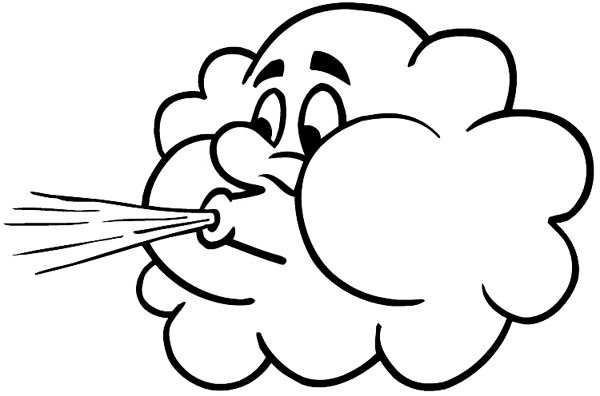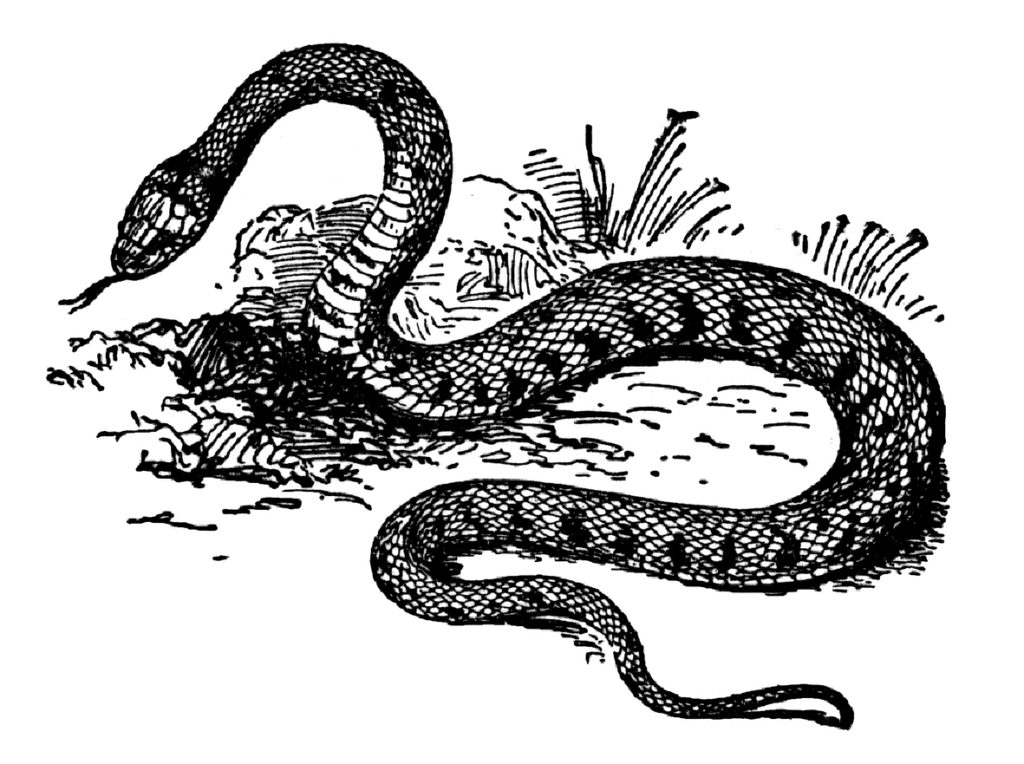The Dangers of Whistling, Clipping, and Shaking
If you are an expat in Korea, you likely think nothing of whistling a happy tune as you walk down the street or allowing your leg to shake when sitting in a chair. Listening to the sounds of a flute drifting off through the quiet of darkness can be calming, and clipping your fingernails after sundown is commonplace. Not so in Korea. In “Whistling with Consequences” (Gwangju News, March 2012), Stephen Redeker warned of the dangers of whistling in Korea. His original article, appearing below, gave rise to the related material complementing the perils of whistling. — Ed.
Whistling with Consequences
There are a number of social faux pas that people try to avoid doing in public so as not to bother those around them. Among these are using offensive language, coughing or sneezing in someone’s face, and speaking loudly on your mobile phone in the subway or on a bus. These are but some of the actions we refrain from around strangers. Would you consider adding whistling to the list?
The art of the whistle can evoke different reactions depending on where you are in the world. Most Western countries regard whistling in a positive light. An elderly man enjoying a walk while whistling his favorite tune on an ideal day might be a pleasant memory many of us from the West have from our childhood days. Those who whistle as a habit tend to do so when they feel at ease. Let us not forget all the recorded music that contains whistling, or the tunes handed down by generations of whistlers (Camptown Races comes to mind).

The innocent, “everything is right with the world” emotions induced by the sound of whistling lose their joyfulness as they cross the Pacific, however. In Korea, whistling is met with a quite different reaction. Young people aside, many Koreans frown upon the act of public whistling. Those who are superstitious are especially likely to ask you to stop whistling if they hear it. What is the big deal? Why is such a lighthearted act as whistling met with such disdain?
Whistling in public is very unusual for the normally reserved Korean, but it goes a bit beyond just being shy. Like with many other Korean no-nos, the main culprit is superstition. It is said that whistling, especially at night, will attract ghosts, thought to be pervasive in Korea’s past. The sound of whistling in the cool night air is thought to lure evil spirits, and even hissing snakes, to the uninformed whistler and his home.

Do people actually still believe this is true? Possibly not, but this is the reason behind why whistling is still frowned upon by many. Think back to earlier days before Korea had electricity. Candles and oil were at a premium. Families would go to sleep early in order to wake up at dawn and tend to their farmwork. Darkness creates fear, and the eerie sound of whistling in the dark can add to that fear. The superstition also served to quell children’s playful whistling in the darkness. However, the superstition has survived through the ages, and today it still keeps whistlers at bay.
Luring Snakes
We are all familiar with the image of the Indian snake charmer playing his flute with the cobra rising out of the basket in front of him in response to the luring notes. In Korea, however, much like the spectral sound of whistling, the shrill tune of the traditional bamboo flute being played in the night aroused fear in those whose ear it caught. Rather than attracting ghosts, it was believed that playing a flute in the dark would attract snakes. The chilling sounds of a flute were associated with the hissing sounds of a snake, which were not thought to be harbingers of good fortune. The related saying that arose and is still prevalent is “If you play a flute at night, the snakes will come out” (밤에 피리를 불면 뱀이 나온다).
On the practical side, telling one’s children to stop playing their flute at night lest they lure snakes their way was an effective way to silence the flute, quiet the night, get the children to bed, and shield against complaints from the neighborhood.

To be fair, not all snakes were considered bad in traditional Korea. For example, it was believed to be a good omen if a home had one snake that took up residence under the porch or nearby. The snake was considered to be the guardian snake of the house, bringing good fortune to the family. It was especially a good omen if this snake was white. Part of the good fortune that the guardian snake would bring to the home was that it would contribute to keeping the rat population under control.
Shake a Leg – or Not!
Have you ever been sitting quietly on a subway seat, in a bus, in a waiting room, or even on a park bench, and noticed that a person across the way was giving you the evil eye? You sit there wondering why this person is giving you a disapproving stare – and you are not even whistling! If you are in Korea, this could easily be because you are unconsciously shaking your leg – or both of them!
There are numerous theories as to why this unconscious leg-shaking occurs. Some say that leg muscle contractions occur because of the way the leg is making contact with the chair being sat in. Others suggest that the blood circulation to the legs becomes somewhat restricted when sitting in a chair and that the leg-shaking is to stimulate circulation. Still others contend the shaking is caused by the body’s instinctive desire to burn calories, and there are also those that say the leg-shaking is unconscious compensation for anxiety. An additional theory comes from the animal world, suggesting that primitive hunters, like their animal counterparts, would unconsciously be flexing their leg muscles while standing still, ready to pounce on their prey; from that the leg-shaking is thought to have survived.
Regardless of what the true cause of this leg-shaking may be, leg-shaking is much frowned upon in Korea. It not only affects the leg shaker but spreads discomfort to the onlooker as well. It is so much disliked that it has given rise to the saying “If you shake your leg, your ‘fortune’ will leave you” (다리 떨면 복이 나간다). If one’s fortune disappears, it can be replaced with misfortune, and with all the evil spirits believed to exist in traditional Korea, misfortune could be brought one’s way quite easily.
There are those who contend that this belief has come to Korea from Japan because Japanese has a single word for the phenomenon and because they have a similar saying about losing one’s money from leg-shaking. However, culture flow in past centuries has largely been from the Korean Peninsula to the Japanese islands. It is also quite possible that the aversion to leg-shaking originated independently is both places.
So, the next time you see a mother placing her hand on her child’s shaking leg or a wife putting her palm on her husband’s quivering knee, you will know that they are guarding against misfortune for that specific family member and the entire family.

Clipping Fingernails
Another after-dark no-no in Korea is clipping one’s fingernails. “Don’t clip your fingernails at night” (밤에 손톱을 깎지 말라) is the expression that has been handed down through the centuries. As the story goes, once there was a scholar who was clipping his fingernails at night by the flickering light of his oil lamp. When he was finished, he took the clippings and tossed them out onto the packed ground of his courtyard. In the quiet of the night, a rat came into the courtyard and nibbled on the discarded nail clippings, which magically transformed the rat into the image of the scholar…
In a time not so long ago, a child reading this story from his storybook turned to his mother and asked, “If I cut my fingernails at night, will a mouse come and eat them?” “Well, that’s why you shouldn’t clip your nails at night,” came his mother’s reply.
On the practical side, people were given this warning against fingernail care at night because, in the days before the invention of the handy fingernail clipper, nails were cut with cruder instruments such as knives, scissors, or even farming sickles. In the dim light of the room’s oil lamp or candle, it was exceedingly easy to injure a finger or two. Fingernail clipping was much safer in the bright light of the midday sun.
And there is one more reason for not clipping one’s fingernails at night. It is found in the unwritten ending to the scholar story above: The next morning, the scholar’s wife walked barefooted into the room where the scholar had clipped his nails, and … “Ouch! Ouch! Ouch!” … unknowingly stepped on those nail clippings that her husband had missed in his dimly lit clean-up the night before. The scholar never clipped his nails at night again.
Original text by Stephen Redeker.
Supplemented by David Shaffer.




